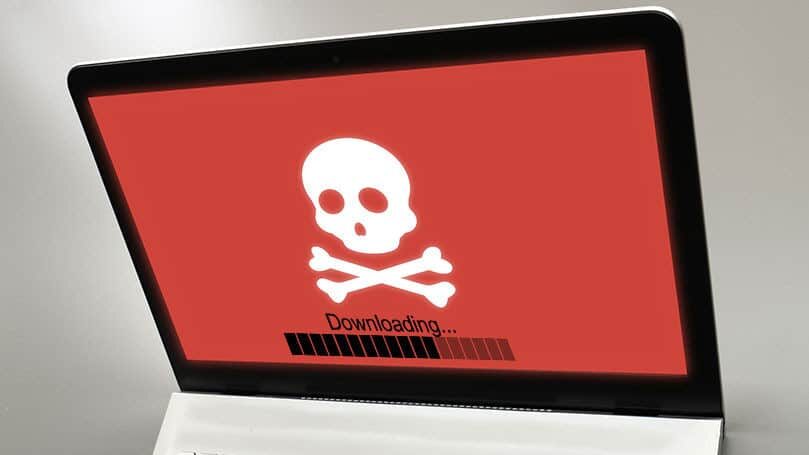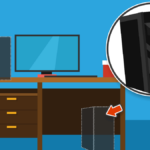Don’t use security software
Security software has the ability to detect and remove malware, so make sure you don’t have any installed (or disable any included security software) to make sure malware stays on your computer. If your antivirus expired, don't renew it. Just ignore those pesky warnings and they will go away. Also never perform any system scans which could uncover malware on your computer. The less you know the sounder you sleep!
Install free software without researching it
No matter where you found a piece of software, just install it. Whether it was from a peer-to-peer file sharing service or from a website you’ve never heard of. Install it and don’t research whether the software is dangerous or whether it will try to install dangerous components onto your device. And of course, the best software always promises to solve your issues, speed up your computer, update drivers, increase your screen size, and more! We all want that, right? 🙂
Assume all email attachments are safe
Whether or not you know the sender, just automatically assume all email attachments are okay to open and run, especially if they are in a ZIP file or have BAT, JS or EXE extensions. That invoice or gift order receipt looks interesting, especially when it comes from somebody you don't know. You just might get surprised!
Don’t update your software
It's always a hassle when Windows or any other programs want to update themselves, right? And it seems like it's never going to stop, so why bother updating it at all? Well, criminals are always looking for security exploits in the software you’re using, so they can install malware on your computer with greater ease. Ensuring you never install updates will allow criminals to exploit those vulnerabilities. You might not even have to go through the trouble of granting permission for the malware to install since it may happen automatically.
Always give permission
If something is asking for your permission to run and/or download, make sure you always say yes. Your Internet browser and security software won’t let files automatically download to your computer and run, so most of the time it’s you that needs to allow the download to begin. So you need to say yes to make sure that malware can get onto your computer as quickly as possible. If you’re on a website you don’t trust or landed on after blindly clicking links on social media, that’s even better because there’s a higher chance that will be malware!







